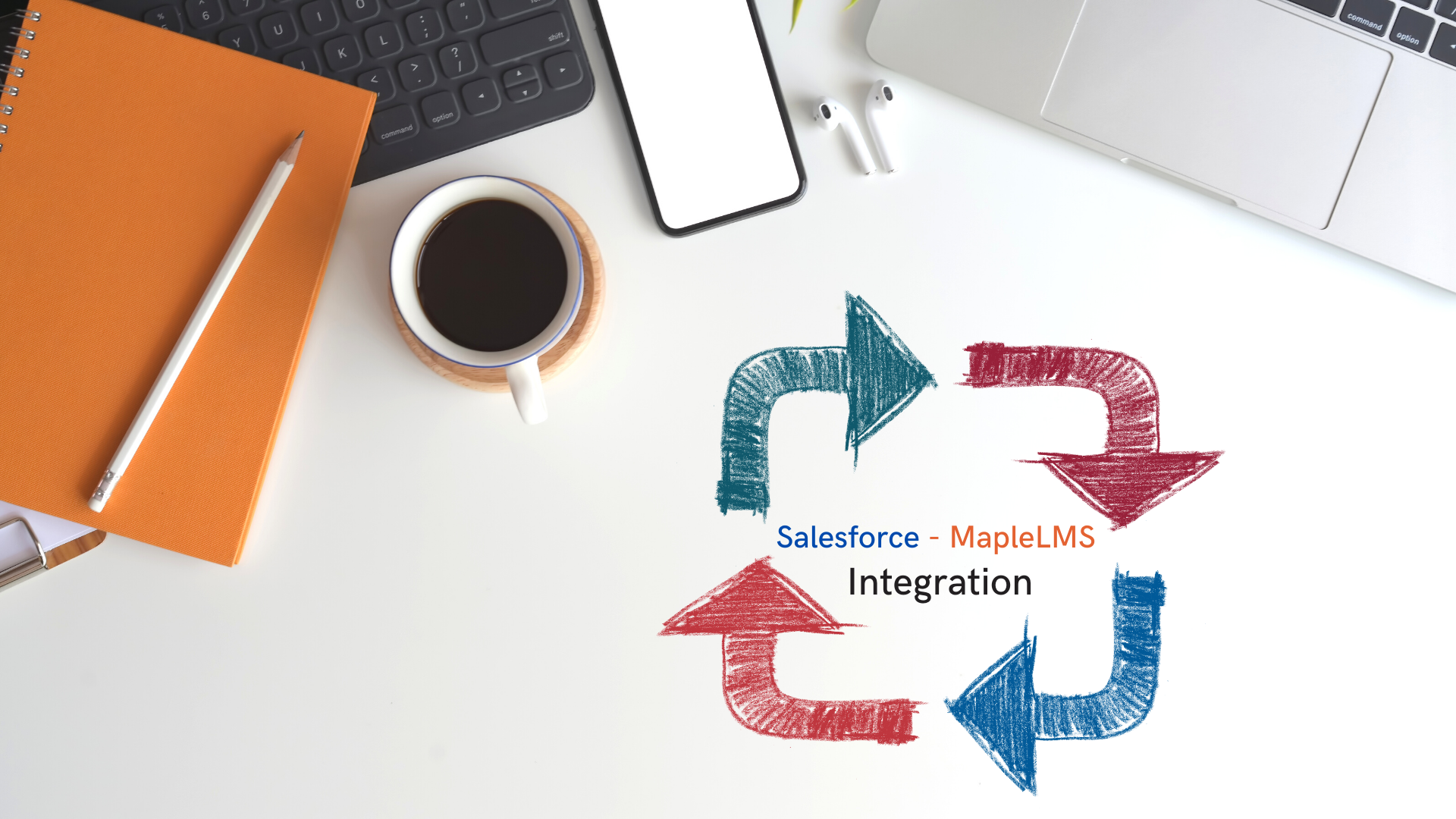Salesforce being a cloud-based CRM application efficiently integrates with numerous applications ranging from ERPs, HRMSs, AMSs, etc. The Salesforce Sales Cloud helps customers with a better customer experience and salespeople and customer support teams with effective learning experiences by streamlining sales pipelines. Salesforce when integrated with a learning management system (LMS) can retrieve employee learning data from the LMS and present it in Salesforce. Automated reports can be scheduled to get delivered to managers and leadership roles at specific intervals. Salesforce CRM enables organizations to create, deploy, and track training and learning programs. Salesforce features such as Communities and Chatter get extended to the LMS that Salesforce is integrated with.

Above all, Salesforce automates administrative tasks within an organization by scheduling reports, automating emails, notifications, alerts, etc. Here are some of the prominent features of Salesforce beneficial for LMS users:
- Real-time Metrics for Learning
Salesforce has advanced dashboards that represent all the LMS learning data. These metrics help organizations have a clear idea about employees’ performance and efficacy of the learning program. Salesforce’s built-in analytics drives the future insights for enhancing employees’ learning experience.
- Employee Auto-Enrollment
Employees when get registered within Salesforce, their IDs are generated. These employee IDs then get mapped to the LMS so that the employees get automatically enrolled into courses and learning programs, starting from onboarding training within the LMS. These employees get enrolled in learning programs based on their job roles, learning history, and learning interest.
- Sales Cloud and Communities
LMSs are able to utilize the Salesforce Sales Cloud and Salesforce Communities tools for delivering better learning and training experiences to learners. Sales Cloud ensures salespeople, marketing teams, and other stakeholders get streamlined solutions to improve the sales pipeline, whereas the Communities feature helps to enhance communication between members and employees within organizations.
- Social and Collaborative Learning
Salesforce supports social media integration for social learning. It ensures that employees share their knowledge and expertise using social media channels. Apart from that, Salesforce allows employees to interact with users using Communities and Salesforce Chatter.
If you are wondering which LMS is compatible with Salesforce then MapleLMS comes to the forefront. MapleLMS has out-of-the-box integration with Salesforce that enables Single Sign-On (SSO) feature for seamless content access. Moreover, organizations can benefit from AI-technology-driven learning paths, multiple language support, gamification, content authoring tools with SCORM/AICC/xAPI support, non-dues revenue for associations, built-in eCommerce module, Shopify integration support, white-labeled LMS, mobile app branding, and a lot more. Explore MapleLMS to know more!
Demo
Tags

